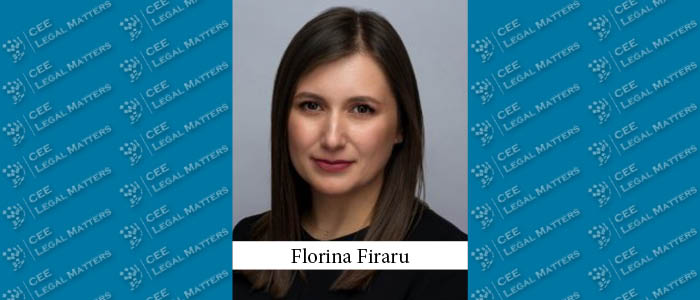As a preliminary overview, as of January 2023, applications for cancellation on absolute and relative grounds, as well as for revocation due to non-use of national trademarks and international trademarks designating Romania, can be brought before the Romanian State Office for Inventions and Trademarks (the “IPO”).
As a result, a Commission for Cancellations – Revocations (the “Commission”) has been set up, consisting of three members who conduct the development of the procedures.
Previously, the disputes over the validity of trademarks were exclusively under the authority of the specialized sections of the courts of law (Bucharest Tribunal as the court of first instance). Now the competence is shared between the courts of law and the IPO and the number of cases that are chosen to be filed before the IPO is increasing.
Grounds for cancellation
Anytime during the protection period, a registered trademark may be cancelled:
- for absolute grounds – i.e. trademark non-distinctive or descriptive;
- relative grounds – among the common ones, trademark likely to be confused/ associated with a prior-registered trademark/ sign/ other right, or the trademark being filed in bad–faith.
Grounds for revocation
The revocation of a trademark registration may also be requested anytime during the protection period:
- due to non-use of the trademark for five consecutive years and without justified reasons for non-use (the most common ground invoked);
- if the trademark has become usual in trade for the products or services for which it was registered;
- in case the trademark has become misleading; or
- the trademark was registered in the name of a person other than the applicant or the right holder.
Proceedings
Before the IPO, the procedural rules are similar to those applied in courts of law, including oral hearings to examine facts and evidence.
The application must be drafted in Romanian and has to include the grounds for cancellation/ revocation, together with the relevant supporting evidence. Clarifications provided in practice by the IPO state that the only admissible evidence consists of written documents (in paper or electronic format). For the documents that are not in Romanian, a simple translation of the parts of the documents that are relevant for the analysis and outcome of the case should be sufficient.
For trademark proprietors domiciled or headquartered abroad (i.e., including those outside the EU/ EEA) when the application for cancellation/ revocation of their trademark is filed, the IPO shall notify them to appoint a professional representative in case one has not already been indicated. In cases where it is necessary to translate the application for cancellation/ revocation for communication purposes, a certified translation must be filed with the application.
After the case is debated on the merits, the Commission deliberates in secret on the decision to be rendered. Depending on the complexity of the case, the rendering of the decision may be postponed two times, each time for a period not exceeding seven days. This is in fact quite customary. In special cases, if further information or documents are required to support the application, the case may be resumed, and a new hearing will be established with the summoning of the parties.
The IPO’s decision must be written and communicated to the parties within 3 months from the date when such was rendered.
There is no official fee for applications for cancellation/ revocation of trademarks in administrative proceedings, though the parties bear their representation costs as opposed to court proceedings where the winning party may be reimbursed for the trial expenses.
The administrative proceedings take place in person at the IPO’s headquarters in Bucharest.
The IPO’s decisions in administrative proceedings may be appealed before the Bucharest Tribunal within 30 days (thus appeals will fall under the jurisdiction of the civil courts and not the administrative courts). Further on, the Bucharest Tribunal’s decision may be appealed before the Bucharest Court of Appeal.
Conclusion
Certainly, the introduction of administrative applications for cancellations and revocations broadens strategic options available to trademark owners and third parties in resolving conflicts.
While administrative proceedings may offer means of action with shorter timelines than judicial proceedings, there is no reimbursement of expenses at this stage.
Potential claimants should carefully analyze both options to determine the most suitable course of action for each case, based on their specific needs and circumstances.
That being said, in anticipation, when taking action to enforce their rights, if necessary, right holders should review their portfolios of trademarks older than five years, consolidate them, and secure proof of use.
Also, in all cases, the parties can consider settlement options for peaceful coexistence on the market, such as restricting areas or manners of use, where possible. Coexistence agreements might be an opportune alternative and should be entered into with careful consideration of the specific terms.
By Florina Firaru, Managing Associate, NNDKP
















